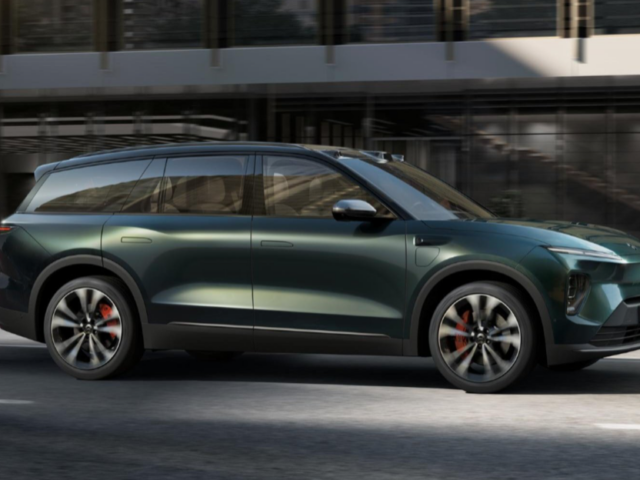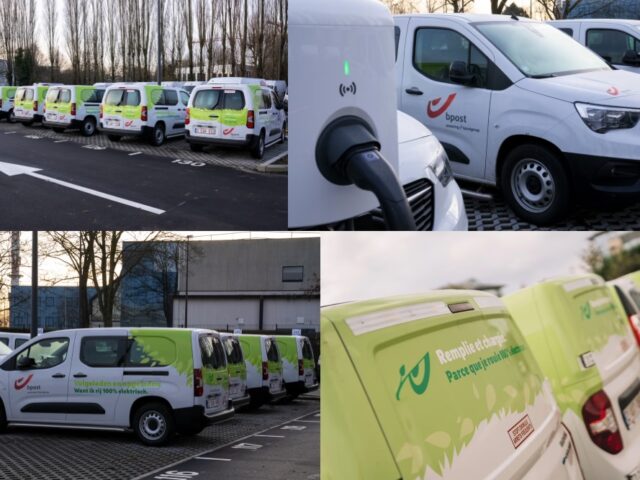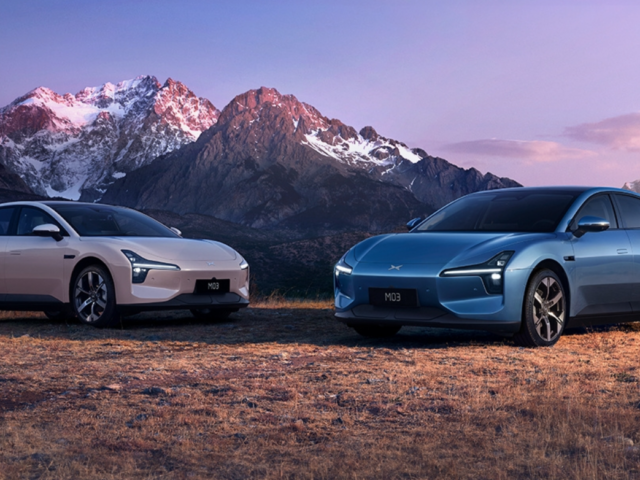Carlos Tavares, the big boss of car giant Stellantis, with a total of 14 French, Italian, and American car brands under his wings, is crushing opposed to Joe Biden’s move to increase import taxes for Chinese cars in the US with 100% and the EU’s plans to do something similar.
“When you put a bubble around a market, which can be the American or the European market, the first thing you create is a huge inflation within the bubble,” Tavares said on French television.
“And if you create huge inflation inside the bubble, you’ll undermine the purchasing power of the middle classes (…), and you’ll accentuate the technological backwardness of the manufacturers inside the bubble compared to those conquering the world,” he added.
Fearing engulfment of cheap Chinese EVs
Tavares said this in an interview on a France 2 TV show called ‘L’Evénement’ on Tuesday, responding to Joe Biden’s statement. “We will never let China control the market for this type of vehicle,” Joe Biden said when he announced that he would raise current import rates for Chinese EVs from 25% to 100%. Fearing an engulfment of cheaper Chinese electric cars, this doubles their retail price.
The Biden administration’s measures don’t counteract a current problem but prepare for a threat that might become reality tomorrow. Apart from exceptions like Polestar and Lotus, no Chinese manufacturers currently sell on American shores, and brands like BYD, Nio, or MG aren’t available.
However, as the average retail price of Chinese EVs is roughly 110% cheaper than that of US-made vehicles, the President is cautious and wants to give some breathing space to domestic manufacturers struggling with the energy transition. Tariffs have also been raised for batteries, minerals, and new energy materials.
EU considering 25 to 30% tax
Apparently, the European Union will also impose punitive tariffs on electric cars made in China before the summer break. Valdis Dombrovskis, the Brussels Commissioner for Trade, has indicated this to news agency Politico, among others.
EU Commission President Ursula von der Leyen already gave a harsh speech on the subject in September. According to von der Leyen, there is a threat of a flood of state-subsidized electric cars, which would artificially distort the market to the disadvantage of domestic manufacturers.
Subsequently, an anti-subsidy investigation was initiated. Its deadline is 4 July, but provisional measures will likely be announced before then. Brussels is now ‘whispering’ the figure of 25 to 30%.
“A 25 to 30% import duty is plausible,” says automotive analyst Matthias Schmidt. “The bank UBS analyzed Chinese electric cars in December and found a 30% cost advantage,” explains Schmidt. “With this order of magnitude, the EU would merely level the playing field instead of staging a punitive action. Competition would be restored, and unfair practices would be compensated for.”
No agreement between member states
However, the European member states are by no means in agreement. France was and is the driving force behind the EU anti-subsidy investigation. On the other hand, Germany has spoken out against new tariffs, both in industry and politics. Mercedes boss Ola Kälenius even proposed lowering today’s 10% tax on cars imported into Europe to stimulate competition.
The EU’s intention to investigate unfair competition and possible higher import taxes for Chinese cars was merely instigated by France’s President Macron as a reflex to ‘protect’ its car industry.
Leapmotor deal
Meanwhile, both Luca di Meo, who heads Renault, and Carlos Tavares, with French brands Peugeot, Citroën, and DS, have revised their initial opinion and are now opposed to EU interference. Tavares is even bringing the Chinese into Europe by closing a deal with start-up Leapmotor as a 15th brand to be distributed by Stellantis.
The two partners founded a joint venture producing electric vehicles for the international market. The venture will deliver its vehicles from September to France, Italy, Belgium, Germany, Spain, or the Netherlands.
Bringing the wolf into the fold
Confronted with that by the journalists on L’Evenement, who asked if this deal wasn’t instead “bringing the wolf into the fold”, Tavares argued that any sale of Leapmotor in Europe would result in “profits for Stellantis, which, by the way, will pay taxes in France and Europe. And so we just took the lead. We didn’t wait for Chinese manufacturers to be big enough to buy Western manufacturers,” he pleaded.
On the other hand, faced with possible customs barriers, Leapmotor plans to eventually produce vehicles in Europe, like BYD, which has announced the construction of a plant in Hungary and possibly a second one elsewhere in Europe. The world’s largest EV battery supplier, CATL, has been producing lithium-ion battery cells in a new plant in Thuringia, Germany, since December 2022.




Comments
Ready to join the conversation?
You must be an active subscriber to leave a comment.
Subscribe Today